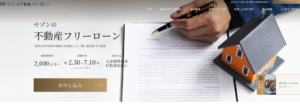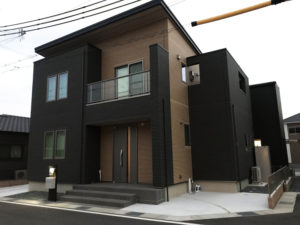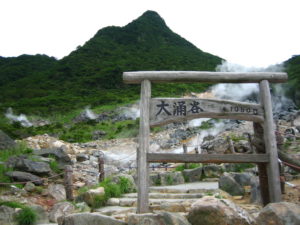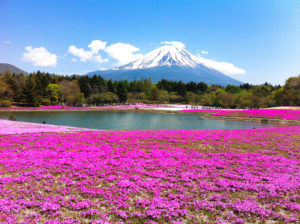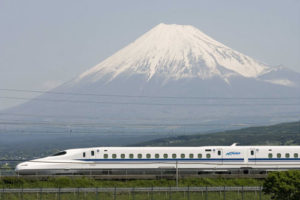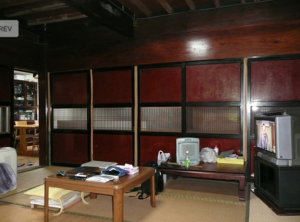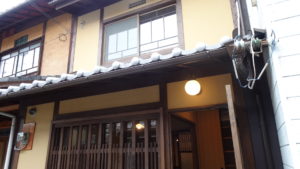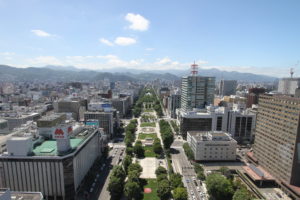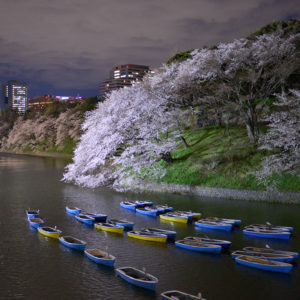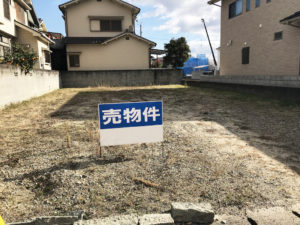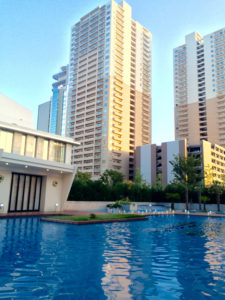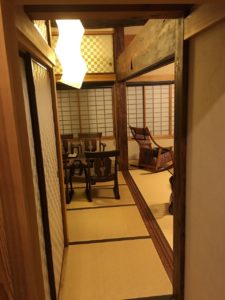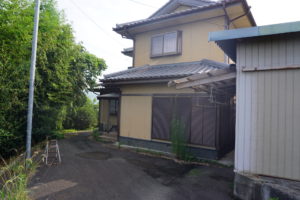
New Home Prices in Japan Continue to Rise,
but Demand is Weakening
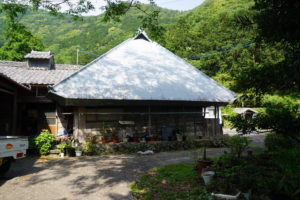
The average asking price for small-scale newly built detached houses in Tokyo 23 wards was 7031 million yen in April,
an increase of 0.7% from the previous month.
This is the highest price since the statistics started in April 2014.
The rise in construction material costs and labour costs has been passed on to home buyers,
and prices have continued to rise. However, housing demand is weakening due to rising prices.
A survey by Tokyo Kantei found that the number of people who are interested
in buying a new home has decreased by 10% from the previous year.
This is due to a number of factors, including the rising cost of living,
the uncertainty of the economy, and the war in Ukraine.

